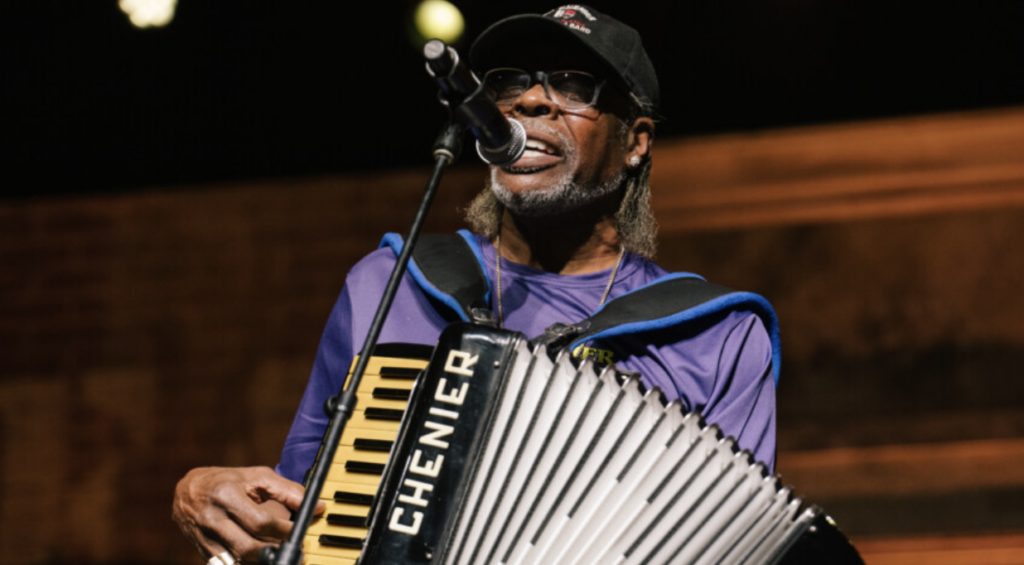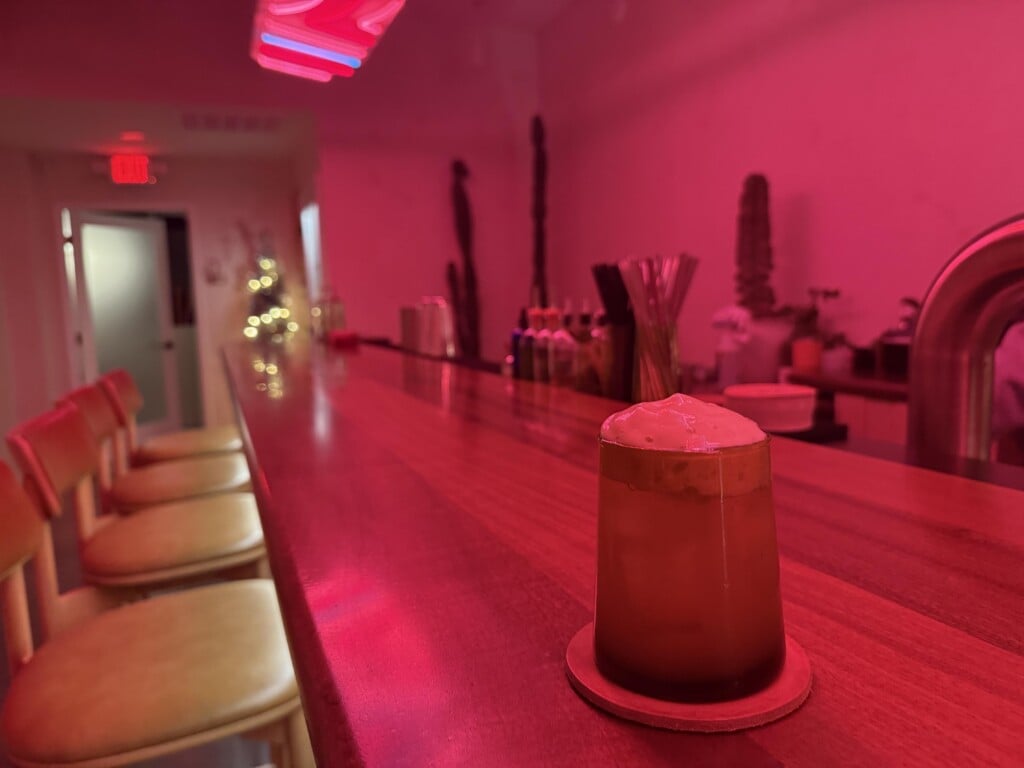Around Hear
The Ramones, one of the most influential rock groups in history, never scored a gold album and never landed a song in the Top 40, despite the lasting omnipresence of tunes such as “Blitzkrieg Bop.” (Its Hey-ho-let’s go! chorus has become a sports-stadium favorite.) This wasn’t because of the band’s staunch devotion to underground ethics — The Ramones made videos, signed to a major label, sold their music to advertisements and staged more than one “final” tour. For many advocates of independent music, any one of these concessions to the mainstream machine usually would be grounds for protest, but The Ramones received a lifetime free pass, mostly because even critics realized that their scene wouldn’t exist without the efforts of this New York-based quartet.
When Joey Ramone (born Jeffrey Hyman) died from lymphatic cancer at age 49 on April 15, the story made front-page news in staid metropolitan dailies and sent shock waves across a section of the music-listening public much broader than his band’s chart success would suggest. The Ramones-related media flurry actually had started a few weeks earlier, when Ramone appeared on the cover of a Spin issue celebrating 25 years of punk, his image paired with the eerily prescient phrase “Punk till the end.” In the accompanying interview, Ramone remained refreshingly bereft of the sour self-deprecation that later punk icons embraced. “I always felt we were the best band around, from the early days until the last show,” he said, and Spin backed up his assertion by naming The Ramones’ self-titled 1976 debut, recorded in two days for $6,000, as the most essential punk record ever.
While fellow punk pioneers The Clash and The Sex Pistols blended political outrage with jagged riffs and snarled vocals, producing songs that, while vaguely melodic, weren’t exactly accessible, the Ramones basically took a Beach Boys full-length album, set it on 45 rpm and replaced the few seconds of fuzz between songs by burying a winded 1-2-3-4! in every groove. Politics wasn’t their bag — Johnny Ramone told Spin that “punks weren’t supposed to be political; hippies were political.” Nor was being politically correct: The Ramones sang glibly about the Ku Klux Klan, warbled I’m a Nazi, baby during a love song and advocated sniffing glue and beating on brats with baseball bats, both of which might have proved troublesome had these songs been released today.
Still, even followers of squeaky-clean indie-rockers Fugazi recognize The Ramones’ contributions. At last Wednesday’s sold-out show at El Torreon, roughly a dozen fans sported self-designed “Joey Ramone R.I.P.” T-shirts and patches or well-worn concert T-shirts that had faded to a sickly gray. The following night at The Granada, a mostly underage crowd that showed up to catch the Dropkick Murphys and Lars Frederiksen and the Bastards offered even more Ramones-related attire. “My mom’s generation had Elvis,” Frederiksen said during an onstage tribute. “Our generation had Joey Ramone.”
Locally, the Ramones clearly affected such bands as the Breakups. The Breakups’ heir apparent was the Revolvers, whose affection for The Ramones, while not as transparent, ran deep.
“The speed and the sound and the chords and the singing were all perfect, the kind of perfect where you can hear in your head and feel in your heartbeat exactly what should happen next, and then it does,” singer Justin Petosa says. “We tried to write songs that, in some way, were as perfect as The Ramones’ and the best of the bands they influenced.”
“My real baptism [into the Ramones] came when I joined the Revolvers,” offers guitarist Chris Wagner. “Justin and Mike [Alexander] were so into them, and it kinda freaked me out that they were so devoted, so I resisted. But slowly, like a disease, they crept into my consciousness, refusing to be ignored. Maybe I’m still not the biggest fan of their music, but I do realize that but for them, there would be no Black Flag, no Bad Brains. Who would’ve carried the flag against bullshit music, if not them? Who could have?”
While The Ramones’ influence on today’s pop-punk bands is obvious, their spirit inspired the work of artists who went on to craft music that strayed from the three-chord blueprint. Gary Cloud went on to create scorching balls of cowpunk fury as one-third of Boot Hill, but as a thirteen-year-old he was just frustrated that he couldn’t match riffs with Jimmy Page or Keith Richards. Then he discovered The Ramones.
“The Ramones made it okay if your bar chords sounded like shit and your lyrics went oh baby/oh baby,” Cloud says. “But most of all, Joey Ramone made it okay to be a skinny, pimple-faced kid. He made the pain and embarrassment of being a thirteen-year-old boy bearable. He was a mentor, like an estranged older brother teaching me the secrets of rock and roll. The ultimate teenage guru, singing about things that I thought only I was thinking.”
Perhaps in the near future The Ramones will be inducted to the Rock and Roll Hall of Fame, but sadly the world will miss out on what would be a classic acceptance speech from Joey.
Then again, somewhere he’ll likely be having his say. As El Torreon operator Brian Saunders says, “If there is a rock and roll heaven, he’s up there telling them they suck.”




